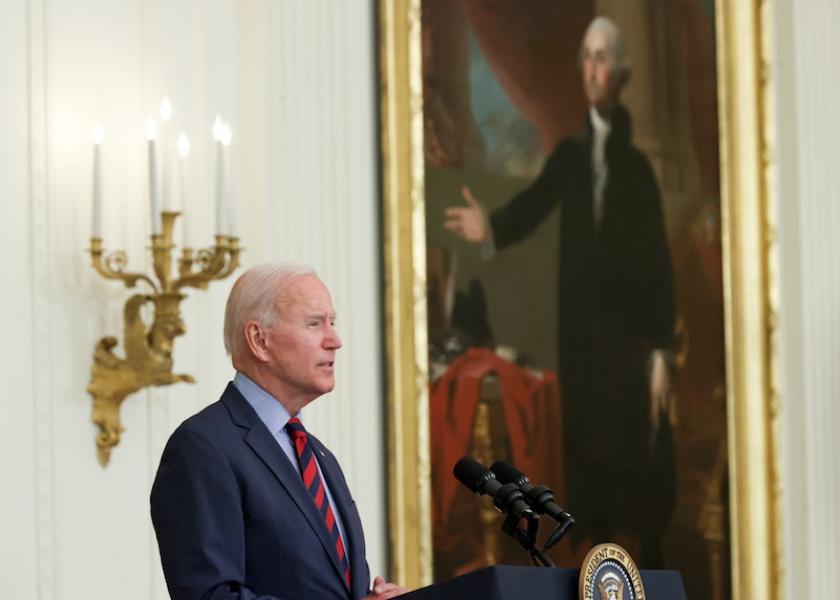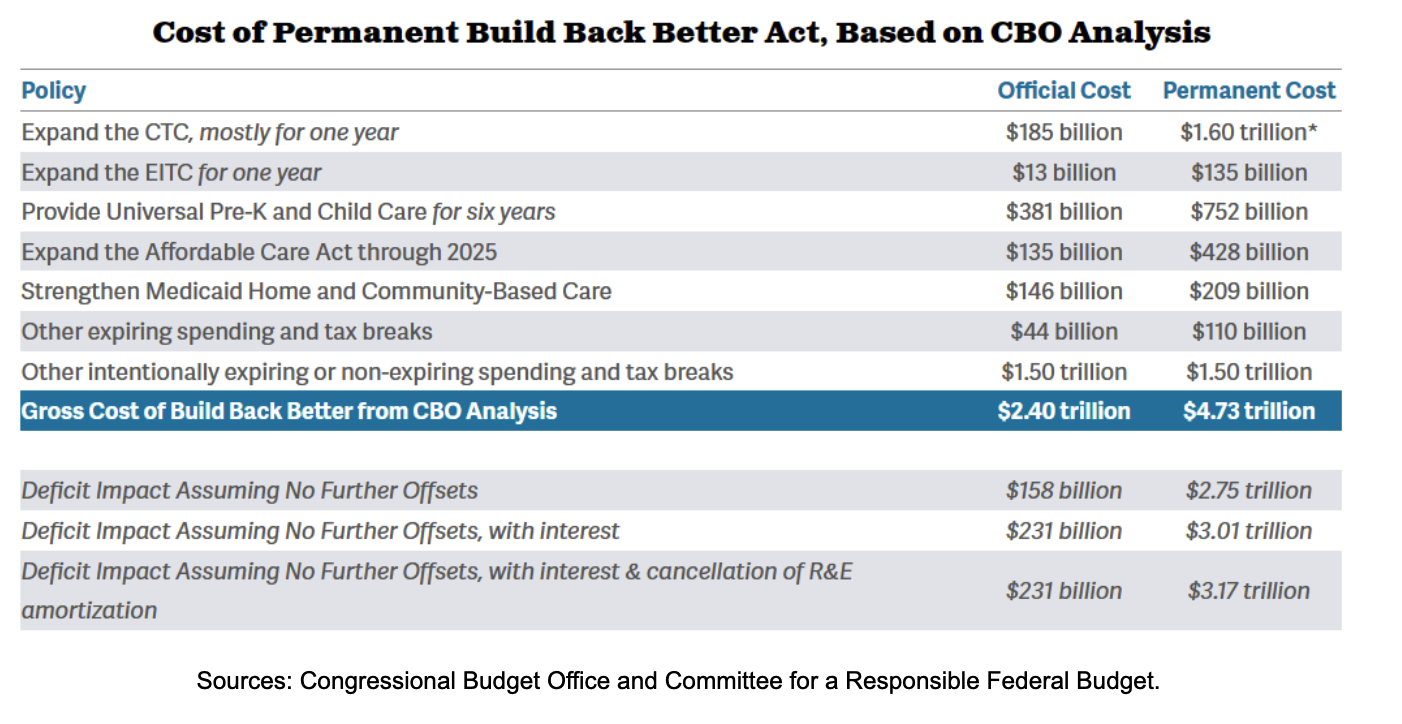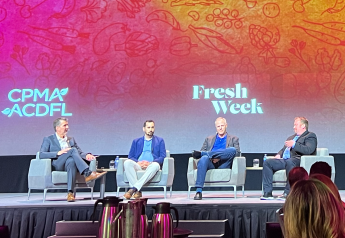CBO Report Shows True Cost of Biden Administration's Build Back Better Plan Closer to $5T

Both the House and Senate are in session this week, but it may be the Senate who ends up playing the “Jingle Bell Block” come Christmas relative to the Build Back Better (BBB) proposal.
Senate leadership’s timeline for the BBB proposal is just before Christmas, according to Majority Leader Chuck Schumer (D-N.Y.). But as most should know by now, the “official” timekeeper is centrist Sen. Joe Manchin (D-W.Va.), who keeps calling for a “strategic pause” for the vote, delaying it into 2022. Odds are now rising for that possibility.
President Joe Biden early this week will meet with Manchin at the White House. White House press secretary Jen Psaki said Biden would tell Manchin that “what we need to do now is think about what we’re going to do about rising costs, and what is our plan to address rising costs.” Manchin has already commented on the impact of rising inflation and potential impacts of the BBB proposals: “I don't know how you control inflation when the first year of spending is going to be quite large,” Manchin said regarding the BBB bill. “And that's an awful lot more of federal dollars going into a time when we have uncertainty and inflation now.” Manchin and Sen. Kyrsten Sinema (D-Ariz.), two key Democratic votes for the BBB, met privately last Thursday with Schumer.
Senate leaders have not yet even issued a final bill, as negotiations continue.
The Congressional Budget Office (CBO) produced another new BBB dataset for public consumption. Sens. Lindsey Graham (R-S.C.) and John Cornyn (R-Texas) asked CBO director Phillip Swagel to add up the cost of the bill that recently passed the House if all of its programs were made permanent. CBO’s new report provides what many label a less misleading account of how much BBB would cost. The BBB programs, extended through the 10-year window instead of having their costs hidden with arbitrary expiration dates, would cost nearly $3 trillion more than advertised for a total price tag of nearly $5 trillion — that’s roughly three times the figure most of the media have been sharing. The previous scoring from the CBO only accounted for the legislation as it was written, sunsets included, and found it would increase federal deficits by $367 billion over the next 10 years. As the table below shows, some of the programs would be costly — even by congressional standards. For example, take the child allowance, which Democrats say will cost only $185 billion because it ends after one year. No one believes they won’t extend it next year, and later years. CBO says the real cost over 10 years is $1.597 trillion. Democrats also peg their earned-income tax credit expansion at a cost of $13 billion because it too ends after one year. CBO says the real cost is $135 billion over 10 years. Democrats phase out the child-care and pre-K entitlements after 2027 with a total cost of $381 billion. CBO says the real cost over 10 years is $752 billion if made permanent. They also underestimate the cost of expanded healthcare subsidies at $74 billion by phasing them out in 2025 or 2026. CBO says the real cost is $220 billion. Of note the Democrats’ restoration of the state and local tax (SALT) deduction to $80,000 up from $10,000. Democrats say this will raise $15 billion over 10 years because the current $10,000 limit is set to expire after 2025. CBO says the real cost of this Democratic tax deduction for the rich without that budget end around would be $245 billion.

Democratic leaders like Speaker Nancy Pelosi (D-Calif.) countered that Biden’s agenda would reduce costs for middle-class families on some of their biggest priorities. “November’s inflation numbers only add urgency to passing the Build Back Better Act to lower the costs that weigh heaviest on working families’ budgets,” she said.
CBO also last week issued a cost estimate for the Agriculture Committee’s section of BBB. The panel added more than $2 billion in funding for conservation technical assistance to the House-passed bill because of ample evidence conservation spending would be stymied without more technical funding to deliver the huge spending proposed. Additional research spending was also added. CBO noted the ag provisions would authorize $94.4 billion in spending but estimates that only $89.4 billion of that would be spent over the 10-year window allowed by the legislation (showing how the “true” costs of the package are a lot higher than stated levels).







